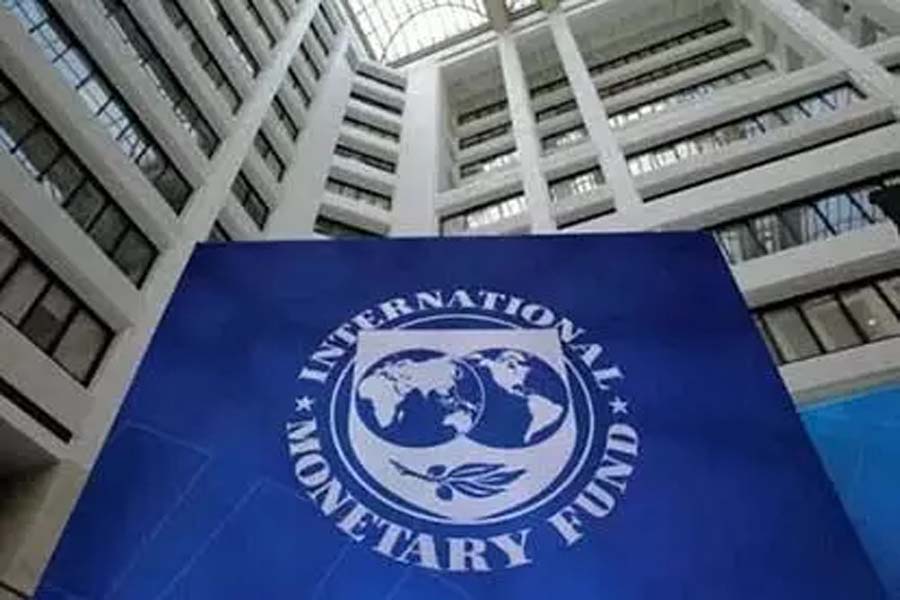Pakistan government desperate to break IMF deadlock before fiscal budget

hamza ameer
Islamabad (IANS) | As Pakistan’s fiscal year draws to a close, the cash-strapped country’s ruling coalition government has reached a point of desperation as it turns to the International Monetary Fund (IMF) for leniency and revival in a $6.5 billion loan programme. is watching The Shehbaz Sharif-led government is struggling to convince the IMF board on compliance of all pre-conditions for the revival of the Extended Fund Facility (EFF), which has led to a delay in the signing of the staff-level agreement, which will help the country The economic situation is getting seriously damaged.
Experts say that given the current situation and no sign of an IMF staff-level agreement in the coming days, it will be an uphill task for the government to prepare and present the fiscal budget for the next year in June as it has to To impose must reflect. The budget includes hikes in taxes, fuel prices and interest rates, all preconditions of the IMF board, which will have a direct and cascading effect on the inflation index.
Pakistan’s Finance Minister Ishaq Dar has started a new round of consultations with IMF Executive Director Bahadur Bilani.
According to the details of the first virtual meeting, Dar has sought support and moderation in demands from the IMF management to sign a staff-level agreement with Pakistan.
Finance Ministry sources revealed that the IMF Executive Director has asked Dar about Pakistan’s intentions to enter a new IMF programme, to which Dar has expressed his readiness to discuss.
The Pakistan government, as well as the finance minister, have been publicly blaming the IMF for the delay, claiming that Islamabad has met all of the global lender’s preconditions.
However, the IMF has said that Pakistan has not yet shown full compliance with its pre-conditions, which is critical for revival of the programme.
But with the financial situation worsening, Islamabad has come to a state of desperation with all external and global lenders, including China, extending its economic financial support to Pakistan with the IMF’s defined tax reforms as it confronts the IMF with the country’s position and Requesting to be considerate towards the reputation of the present government.
Pakistan has been struggling to satisfy the IMF on meeting key conditions for reaching an agreement.
And even after presenting a mini budget, increasing per unit prices of electricity, gas, petrol and leaving its rupee exchange rate to market forces, the international lender is still not convinced of Pakistan’s progress.
One of Pakistan’s most significant shortfalls is provision of $6 billion in additional credit to bridge the gap.
On the other hand, the IMF has maintained that the revival of the program can happen only after the necessary financing is in place.





